Israeli officials warn against any military adventurism against Iran
Several current and former Israeli military officials and experts say the regime lacks the ability to act on its threats of launching an attack against nuclear sites in Iran, as the Islamic Republic has significantly promoted its defense capabilities.
Citing the Israeli officials and experts, The New York Times reported on Saturday that a wider attempt to destroy the dozens of nuclear sites in distant parts of the Islamic Republic would be beyond the current resources of the Israeli military.
Recently, as Iran and its partners in the 2015 nuclear deal are engaged in a diplomatic process to secure a removal of the US sanctions and bring Washington back to the negotiating table, Israel has stepped up its military threats against Tehran in an attempt to derail the talks and prevent a potential revival of the deal that it has long tried to kill.
The regime has warned its allies that it would “take matters into its own hands” if the nuclear deal gets back on track in its original form and without getting new concessions from Iran.
On Saturday, an Iranian security official warned about “acts of mischief” by Israel against Iran amid “relatively successful” negotiations going on between the Islamic Republic and the remaining parties to the 2015 nuclear deal in Vienna.
Until now, Israel has tried to undermine Iran’s nuclear energy program through a combination of aggressive diplomacy and clandestine terrorist attacks.
It has waged a shadow war through espionage, targeted assassinations, sabotage and cyberattacks — smaller-scale operations that it has never formally claimed.
Back in September, the head of the Israeli armed forces, Lieutenant General Aviv Kochavi, said large parts of a military budget increase had been allocated to preparing a strike on Iran.
Early this month, David Barnea, the head of Israel’s Mossad spy agency, boasted that the regime would do “whatever it takes” to stop Iran from what the regime calls making a nuclear bomb.
Minister of military affairs Benny Gantz also publicly announced during a visit to the US that he had ordered the Israeli army to prepare for a possible military strike on Iran.
However, retired Israeli air force general Relik Shafir said Iran had dozens of nuclear sites, some deep underground that would be hard for Israeli bombs to quickly penetrate and destroy.
The Israeli air force, he added, does not have warplanes large enough to carry the latest bunker-busting bombs.
“It’s very difficult — I would say even impossible — to launch a campaign that would take care of all these sites,” Shafir said.
One current Israeli security official said the regime did not currently have the ability to inflict any significant damage to the underground facilities at Natanz and Fordow.
Israel has a shortage of refueling planes. It has ordered eight new KC-46 tankers from Boeing at a cost of $2.4 billion but the aircraft are back-ordered and Tel Aviv is unlikely to receive even one before late 2024, the report said.
Meanwhile, the occupying entity lacks the ability to simultaneously fend off Iranian fighter jets and air defense systems.
“Iran’s defense capabilities are also much stronger than in 2012, when Israel last seriously considered attacking. Its nuclear sites are better fortified, and it has more surface-to-surface missiles that can be launched swiftly from tunnels,” the article read.
It also warned that any attack on Iran would likely set off retaliatory strikes from Lebanon’s Hezbollah and the Gaza-based Hamas resistance group.
“It is very possible that when the Israeli planes try to land back in Israel, they will find that the Iranian missiles destroyed their runways,” said Tal Inbar, an aviation expert and former head of the Fisher Institute for Air and Space Strategic Studies, an aviation-focused research group.
A senior Israeli military official said since 2015, training for a strike on Iran had slowed, as the military focused on confrontations in Lebanon, Syria and Gaza.
“You can always improve — buying more refueling airplanes, newer ones, bigger loads of fuel,” Shafir said. But even with these improvements and a superior air force, he said, Israeli airstrikes would not end Iran’s nuclear program.
“They would likely, however, set the region on fire,” The New York Times said.
Iranian politicians and military officials have repeatedly warned Israel against any adventurism against the Islamic Republic, pledging a crushing response to any act of aggression.
Last week, Iran’s Army Commander Major General Abdolrahim Mousavi said Israel’s empty threats hail from Tel Aviv’s fear of the Islamic Republic and said the country’s firm response to any Israeli aggression would bring forward the occupying entity’s annihilation.
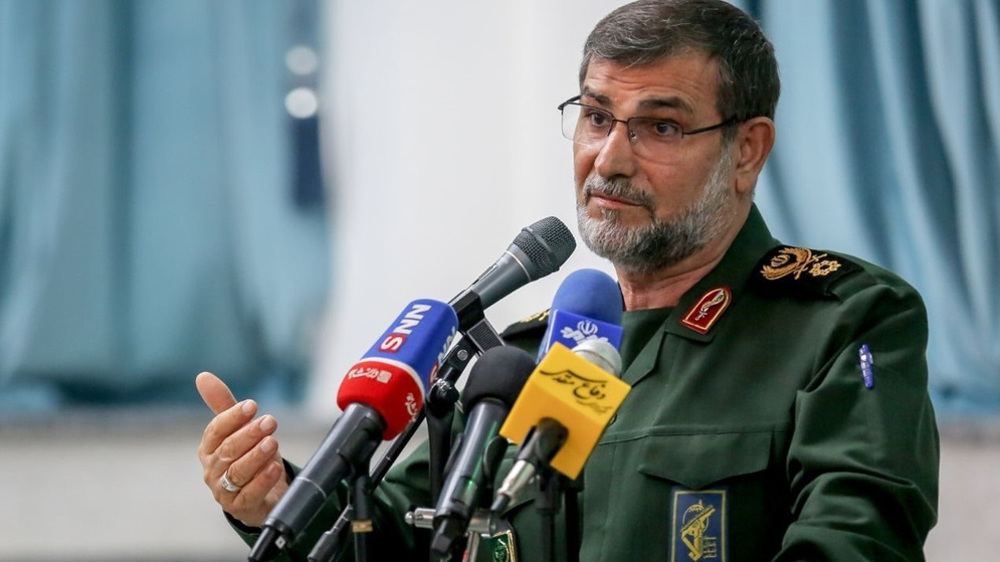
IRGC Navy cmdr.: Any attack on Iran’s interests will be met with firm response
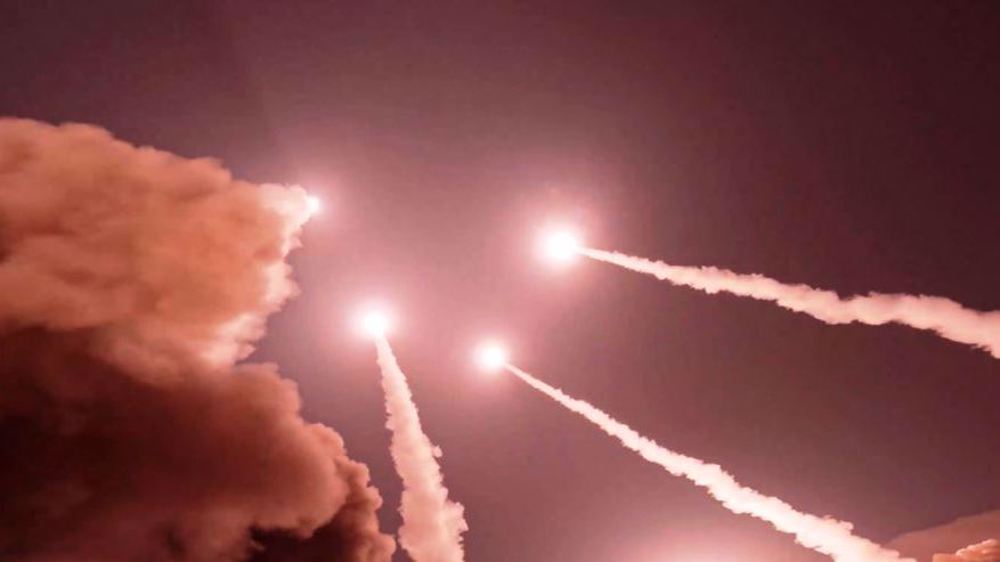
Iran: Operation True Promise III against Israel will be staged
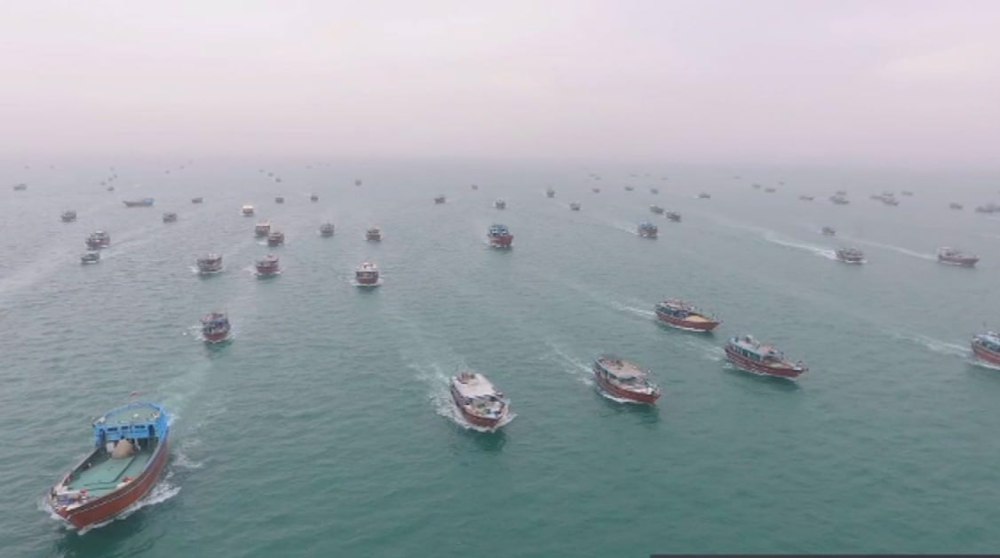
Iran, Lebanon, Iraq, Yemen hold joint naval parade in support of Gaza
Explainer: Trump doubles down on bid to grab Greenland – what’s really behind it?
Iran win AFC Beach Soccer Asian Cup 2025, defend title
Iran warns US: Tehran summons Swiss envoy over Trump bombing threat
Israel kills more Palestinians as Gaza death toll during Eid al-Fitr passes 85
VIDEO | Press TV's news headlines
Israeli forces set fire to Nour Shams refugee camp during Eid amid West Bank onslaught
Iran blasts Trump ‘bombing’ threat as ‘shocking affront’ to global peace, security
VIDEO | British playwright completes 240km walk to protest against Gaza genocide


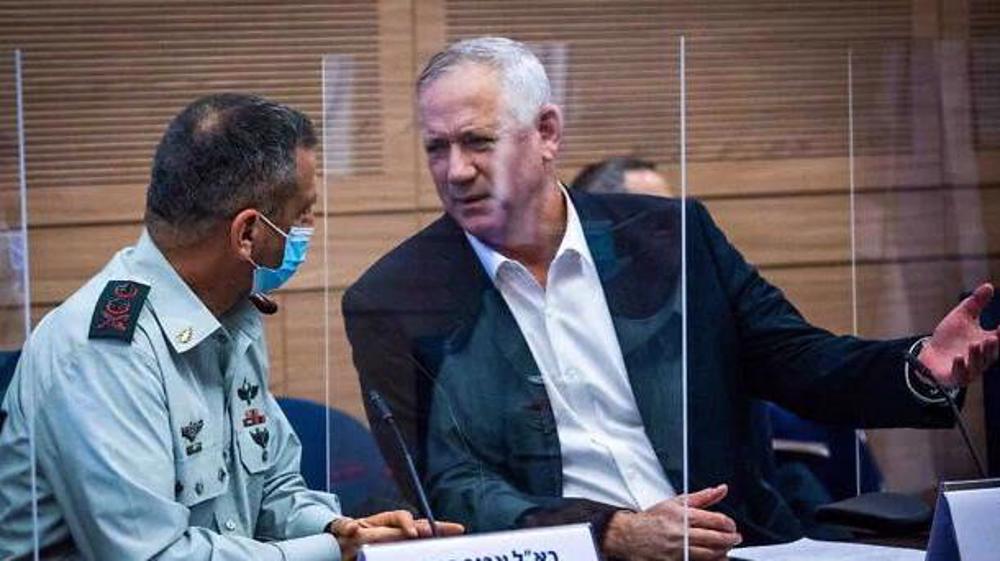
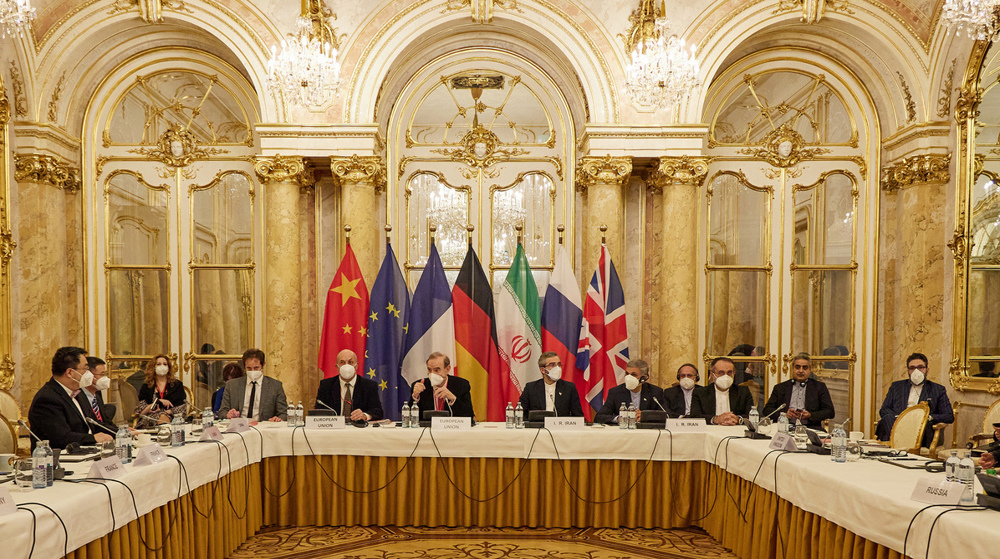





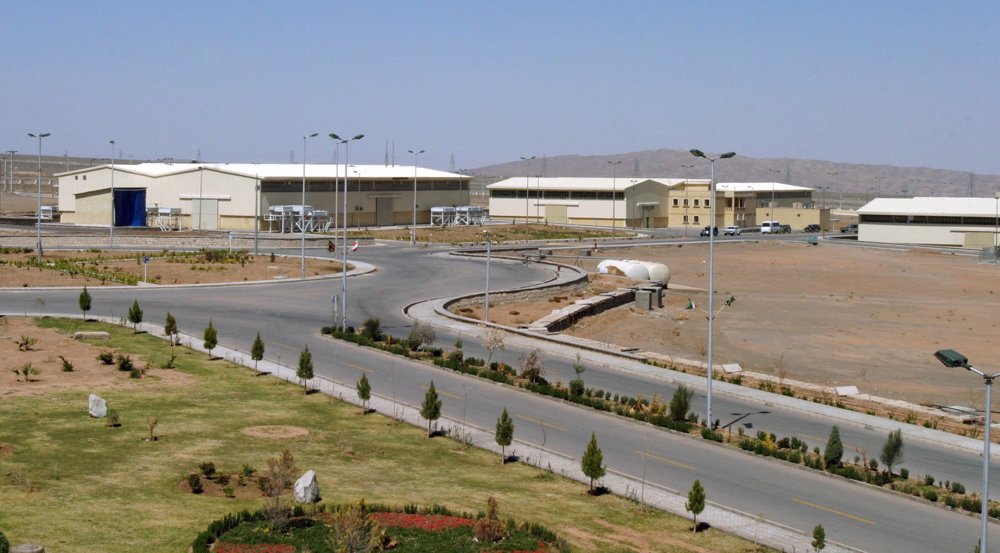
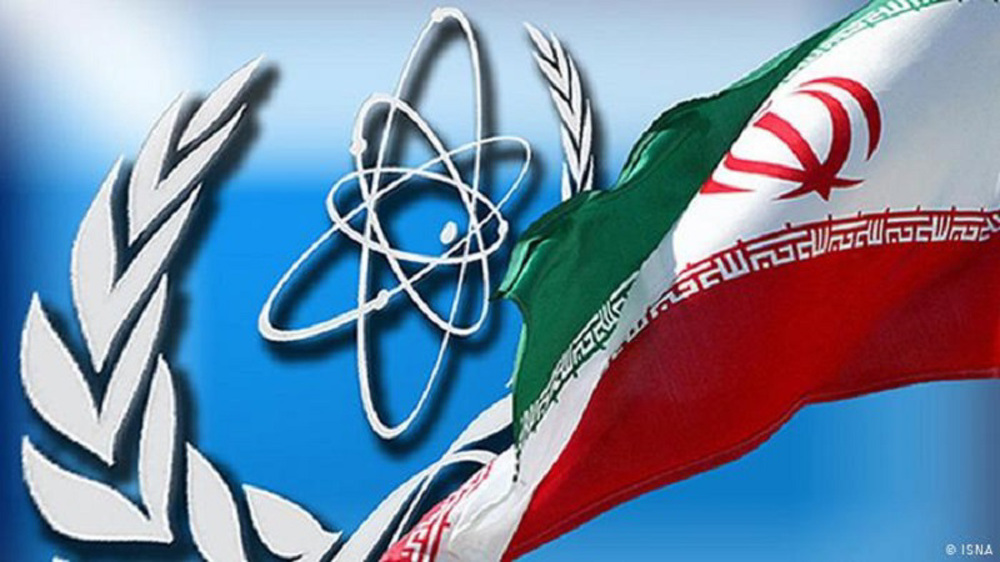
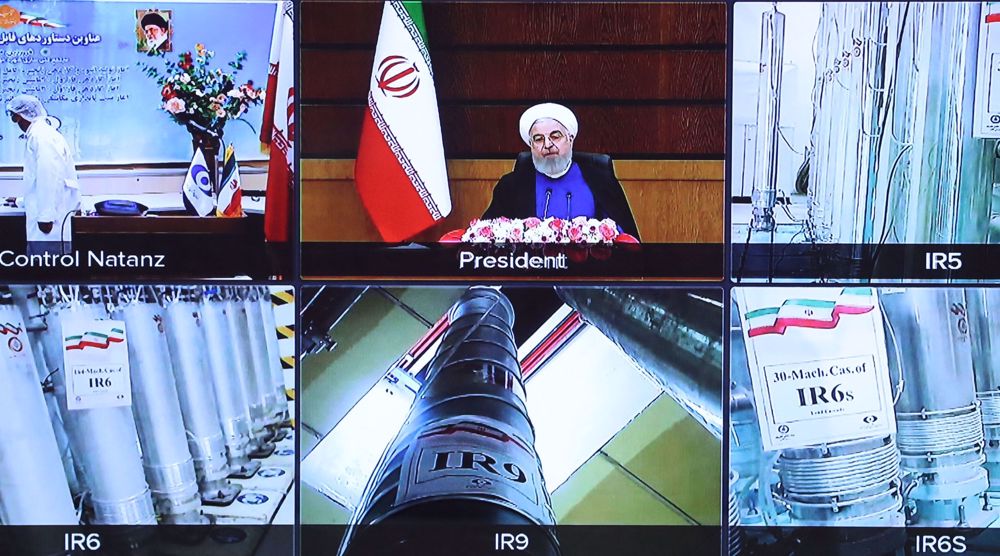

 This makes it easy to access the Press TV website
This makes it easy to access the Press TV website